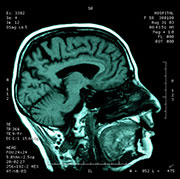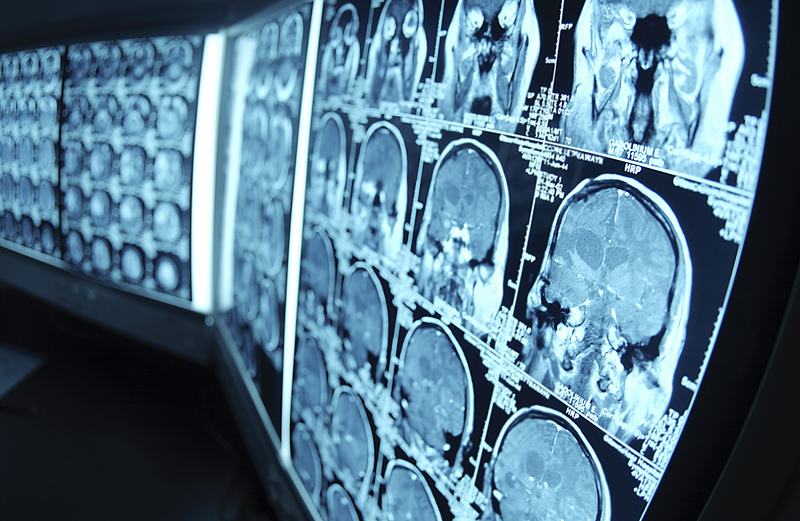
WEDNESDAY, March 26, 2014 (HealthDay News) — An amino acid deficiency might be responsible for the brain degeneration that occurs in people with Huntington’s disease, research in mice suggests.
Huntington’s is an incurable inherited brain disease. Symptoms typically begin in middle age and include movement and balance problems. Patients can eventually lose the ability to walk, talk and swallow.
Patients with Huntington’s have degeneration in up to 90 percent of a brain structure called the corpus striatum, which plays a role in mood, movement and thinking. Although the genetic mutation that causes Huntington’s has long been known, the specific cause of this brain degeneration has not been identified, according to a Johns Hopkins University news release.
In the new study, Johns Hopkins researchers discovered that mice that couldn’t make the amino acid cysteine had widespread deterioration in the corpus striatum. But the progression of this destruction was slowed when the mice were fed a diet rich in cysteine, which is found in foods such as wheat germ and whey protein, the researchers found.
The mice in the study lacked an enzyme called cystathionine gamma lyase, which helps make cysteine, the researchers said.
The findings, which were published online March 26 in the journal Nature, suggest that the use of cysteine supplementation in Huntington’s patients warrants further investigation, according to the researchers.
Scientists note, however, that research with animals often fails to provide similar results in humans.
“Usually it’s very hard, if not impossible, to develop straightforward mechanisms that explain what’s going on in a disease,” team leader Dr. Solomon Snyder, a professor of neuroscience, said in the news release.
“What’s even harder is, even if you can find a mechanism that causes a tissue to rot, usually there’s nothing you can do about it,” Snyder said. “In this case, there is.”
More information
The U.S. National Institute of Neurological Disorders and Stroke has more about Huntington’s disease.
Copyright © 2026 HealthDay. All rights reserved.

